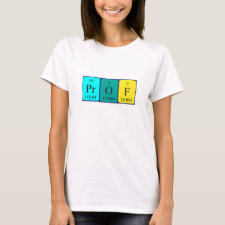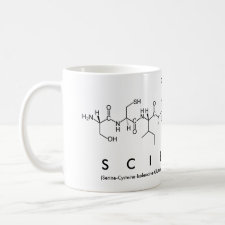
Authors: Li LX, Ying XG, Liu JQ, Li X, Zhang WY
Article Title: Protein-imprinted polyurethane-grafted calcium alginate hydrogel microspheres.
Publication date: 2015
Journal: Journal of Applied Polymer Science
Volume: 132
Issue: (26)
Page numbers: ArticleNo42140.
DOI: 10.1002/app.42140
Abstract: Protein-imprinted polyurethane-grafted calcium alginate hydrogel microspheres were prepared and characterized. The samples were investigated with optical microscopy, scanning electron microscopy, 13C-NMR, and Fourier transform infrared spectroscopy. We proved that polyurethane side chains were successfully grafted, and this led to a relatively rough and dense surface. The samples exhibited better swelling durability when applied in specific adsorption tests. The adsorption kinetic and recognition properties indicated that the imprinted modified microspheres had excellent rebinding affinity toward the target proteins. Moreover, the influence of the preassembly pH, rebinding pH, and grafting ratio on the adsorption capacity and imprinting efficiency (IE) were systematically investigated. The study results suggest that the modified samples possessed a higher IE toward the target protein under the optimum pH and grafting ratio. Upon polyurethane grafting modification, the alginate hydrogel microspheres showed improved mechanical stability and recognition specificity. © 2015 Wiley Periodicals, Inc. J. Appl. Polym. Sci. 2015, 132, 42140
Template and target information: protein, ovalbumin, OVA
Author keywords: grafting, molecular recognition, polysaccharides, polyurethanes, proteins



Join the Society for Molecular Imprinting

New items RSS feed
Sign-up for e-mail updates:
Choose between receiving an occasional newsletter or more frequent e-mail alerts.
Click here to go to the sign-up page.
Is your name elemental or peptidic? Enter your name and find out by clicking either of the buttons below!
Other products you may like:
 MIPdatabase
MIPdatabase









